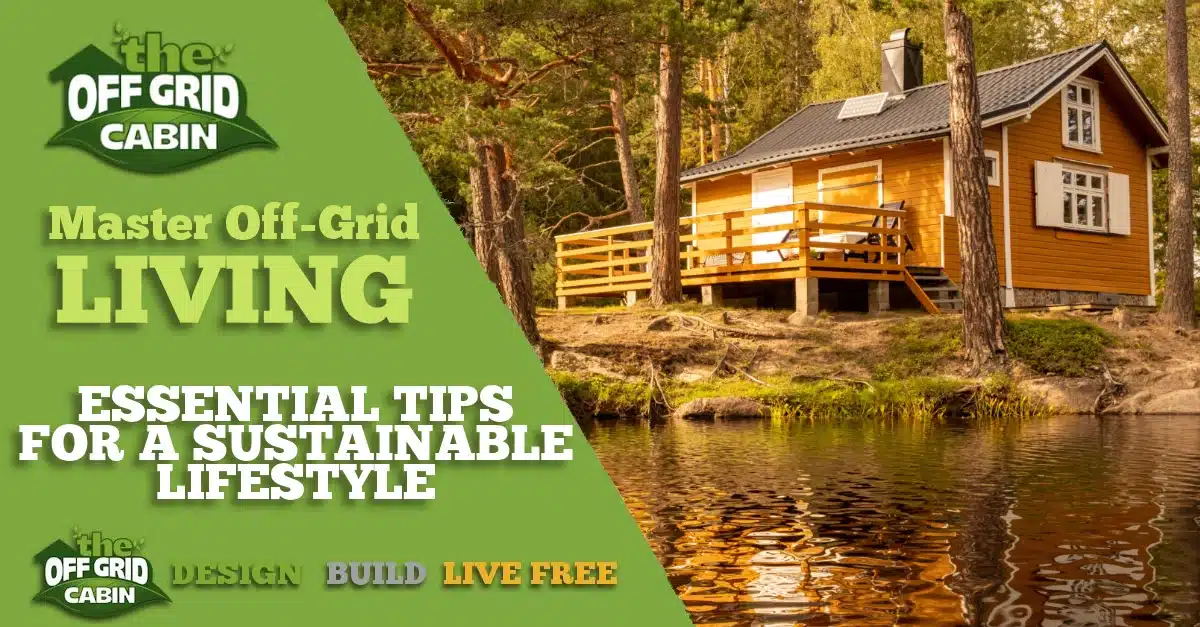Off grid living Kent presents a unique set of challenges and opportunities. This guide explores the legal, logistical, and practical aspects of establishing a self-sufficient home in the Garden of England, from navigating planning permissions and securing renewable energy sources to implementing sustainable water and waste management systems. We delve into the realities of building an off-grid dwelling, considering suitable materials, energy-efficient design, and community integration.
Ultimately, this exploration aims to provide a comprehensive understanding of what it takes to embrace off-grid living in Kent.
From navigating complex planning regulations and sourcing renewable energy to designing sustainable water and waste systems, the journey to off-grid living in Kent demands meticulous planning and a deep understanding of local regulations. This guide examines various aspects, including energy solutions, building considerations, and the social implications of this lifestyle choice, offering practical advice and insights for those considering this unique path.
Community and Social Aspects of Off-Grid Living in Kent: Off Grid Living Kent
The burgeoning interest in off-grid living in Kent presents a complex interplay of individual aspirations and communal dynamics. While the allure of self-sufficiency and environmental consciousness draws many, the reality of establishing and maintaining an off-grid lifestyle within a densely populated county like Kent necessitates careful consideration of social and community aspects. Successful off-grid living in this context often hinges on collaboration, resource sharing, and a strong sense of community.
Challenges and Benefits of Off-Grid Communities in Kent
The unique geographical and social landscape of Kent presents both challenges and opportunities for off-grid communities. Limited land availability and existing infrastructure can make establishing self-sufficient communities difficult. Conversely, the county’s rich agricultural history and diverse ecosystem offer potential for localized food production and resource management. The proximity to urban centers also presents a double-edged sword: access to markets and essential services is easier, but the encroachment of urban development can threaten the tranquility and self-sufficiency sought by off-grid dwellers.
Furthermore, navigating local planning regulations and gaining the necessary permissions for off-grid projects can be a significant hurdle.
Examples of Existing Off-Grid Communities or Individuals in Kent, Off grid living kent
While publicly available information on established off-grid communities in Kent is limited due to the private nature of such ventures, anecdotal evidence suggests a growing number of individuals and small groups are pursuing self-sufficient lifestyles. These initiatives often focus on sustainable practices such as rainwater harvesting, solar power generation, and small-scale organic farming. Many operate discreetly, prioritizing privacy and avoiding the potential scrutiny associated with unconventional living arrangements.
Research into local environmental groups and sustainable living initiatives in Kent may reveal further examples, although specific details are often kept confidential to protect individual privacy and security.
Potential for Collaboration and Resource Sharing in Off-Grid Communities
The potential for collaboration and resource sharing within Kent’s off-grid communities is significant. Pooling resources, such as tools, equipment, and expertise, can significantly reduce individual costs and enhance overall sustainability. Shared skills workshops, community gardens, and cooperative purchasing arrangements are just some examples of the potential for collaborative projects. Moreover, establishing a strong network of support can help mitigate the challenges of isolation and provide mutual assistance during emergencies or unexpected setbacks.
This shared responsibility and interdependence can foster a strong sense of community and resilience.
Pros and Cons of Joining or Forming an Off-Grid Community in Kent
The decision to join or form an off-grid community requires careful consideration of both advantages and disadvantages.
- Pros: Shared resources and reduced costs; enhanced social support and reduced isolation; increased resilience to external shocks; opportunities for skill-sharing and learning; collaborative problem-solving; stronger sense of community and belonging.
- Cons: Potential for conflict and disagreements within the community; compromise on individual lifestyles and preferences; increased dependence on community dynamics; challenges in maintaining individual autonomy; difficulties in navigating shared decision-making processes; potential for legal and regulatory complexities.
Embarking on off-grid living in Kent requires careful consideration of numerous factors, from navigating the intricacies of local regulations to designing a self-sufficient and sustainable home. While challenges exist, the rewards of a life connected to nature, free from reliance on conventional utilities, can be substantial. This guide has provided a framework for understanding the key considerations, empowering individuals to make informed decisions as they explore this increasingly popular lifestyle choice in the beautiful county of Kent.
You also will receive the benefits of visiting off grid living ebook today.


